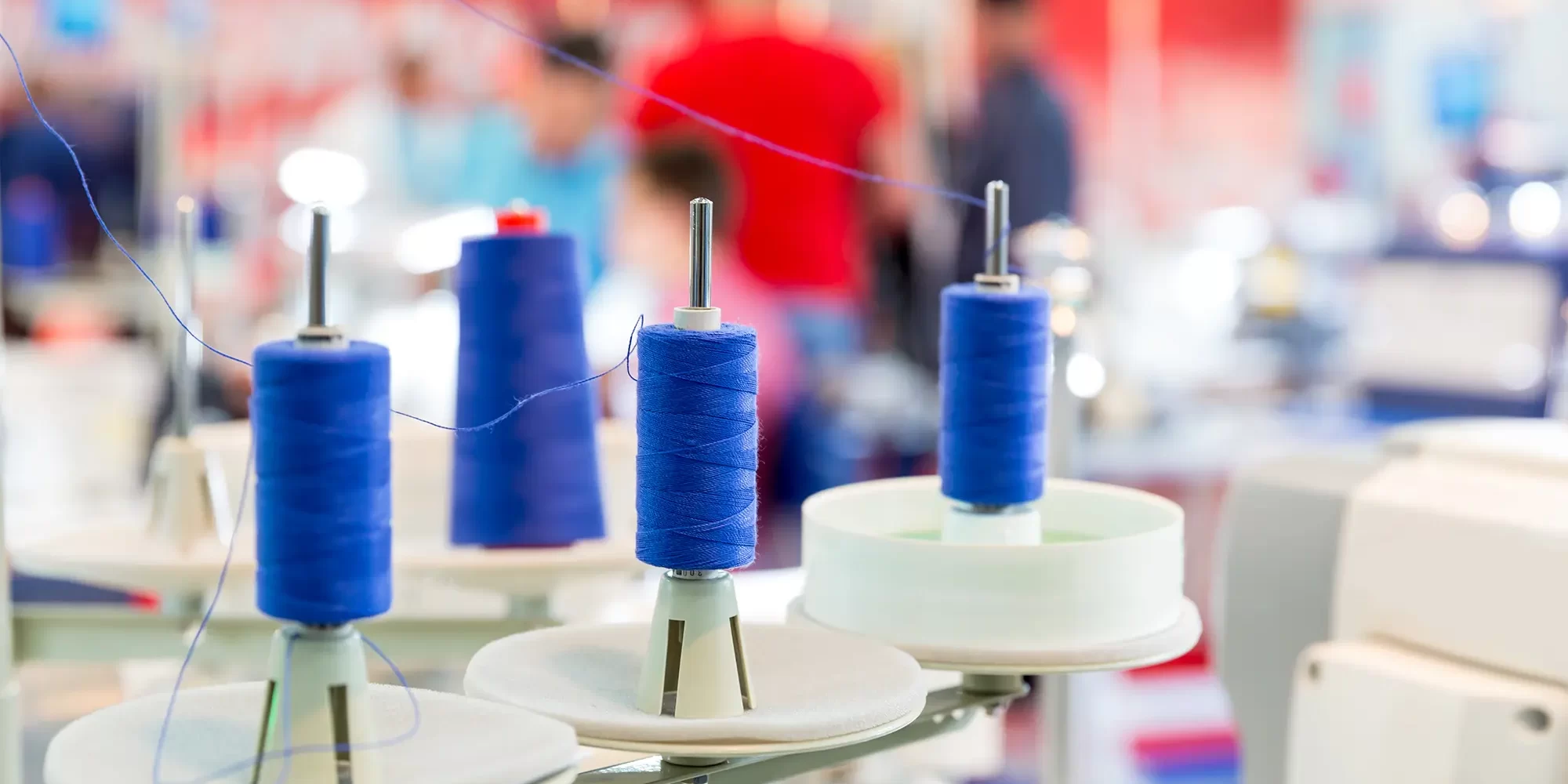In the textile industry, sustainability has become a critical focus as manufacturers seek to reduce their environmental impact while maintaining high-quality production standards.
Chlorine Dioxide (ClO2) is emerging as a key player in achieving these goals, offering effective solutions for water and fabric treatment that minimise environmental harm and enhance the sustainability of textile manufacturing processes.
This article explores how Chlorine Dioxide is revolutionising the textile industry by promoting cleaner, greener practices.
The Environmental Challenges in Textile Manufacturing
 Textile manufacturing is notorious for its significant environmental footprint, primarily due to the extensive use of water and chemicals. Key challenges include:
Textile manufacturing is notorious for its significant environmental footprint, primarily due to the extensive use of water and chemicals. Key challenges include:
- Water Pollution: Dyeing and finishing processes release harmful chemicals into water bodies, contaminating ecosystems and posing health risks to local communities.
- High Water Consumption: The industry consumes vast amounts of water, straining local water resources, particularly in water-scarce regions.
- Chemical Waste: Traditional bleaching and disinfection methods often involve toxic chemicals that are harmful to the environment and workers.
How Chlorine Dioxide Benefits Textile Manufacturing
Chlorine Dioxide offers several advantages that address these environmental challenges:
- Effective Disinfection and Bleaching: ClO2 is a powerful oxidising agent that can be used for both disinfection and bleaching processes. It effectively eliminates bacteria, viruses, and fungi from water and fabrics without producing harmful by-products.
- Reduced Chemical Usage: ClO2 requires lower concentrations to achieve the same or better results compared to traditional chemicals, reducing the overall chemical load on the environment.
- Safe and Eco-Friendly: ClO2 breaks down into harmless by-products, making it a safer alternative for both the environment and workers. It does not form toxic chlorinated by-products that are typical of traditional chlorine treatments.
Applications of Chlorine Dioxide in Textile Manufacturing
- Water Treatment: ClO2 is used to treat process water, ensuring it is free from microbial contamination. This is particularly important in the dyeing and finishing stages, where clean water is essential for achieving high-quality results. By treating water with ClO2, manufacturers can reduce the risk of waterborne pathogens and improve the overall quality of the production process.
- Fabric Treatment: ClO2 can be applied directly to fabrics during the bleaching process. It provides a uniform and effective bleaching action without the harshness of traditional chlorine bleach. This not only enhances the quality of the fabric but also extends its lifespan, contributing to more sustainable production practices.
- Effluent Treatment: Wastewater generated from textile manufacturing can be treated with ClO2 to remove harmful contaminants before discharge. This reduces the environmental impact of the effluent and helps manufacturers comply with stringent environmental regulations.
Benefits of Using Chlorine Dioxide in Textile Manufacturing
- Environmental Protection: By reducing the use of harmful chemicals and ensuring effective treatment of wastewater, ClO2 helps protect local ecosystems and water resources.
- Improved Safety: ClO2’s safe application reduces health risks for workers involved in the textile manufacturing process.
Cost-Effectiveness: With lower chemical usage and improved efficiency, ClO2 contributes to cost savings in both water and energy consumption. - Enhanced Product Quality: Fabrics treated with ClO2 maintain their integrity and appearance, leading to higher-quality end products.
Chlorine Dioxide is playing a pivotal role in making textile manufacturing more sustainable. Its effectiveness in water and fabric treatment, combined with its eco-friendly properties, makes it an ideal solution for reducing the environmental impact of textile production. Scotmas offers advanced ClO2 solutions tailored to the textile industry, helping manufacturers adopt greener practices without compromising on quality or efficiency.
For more information on how Chlorine Dioxide can enhance the sustainability of your textile manufacturing processes, contact Scotmas today. Our experts are ready to assist you in implementing effective and eco-friendly solutions tailored to your needs.






